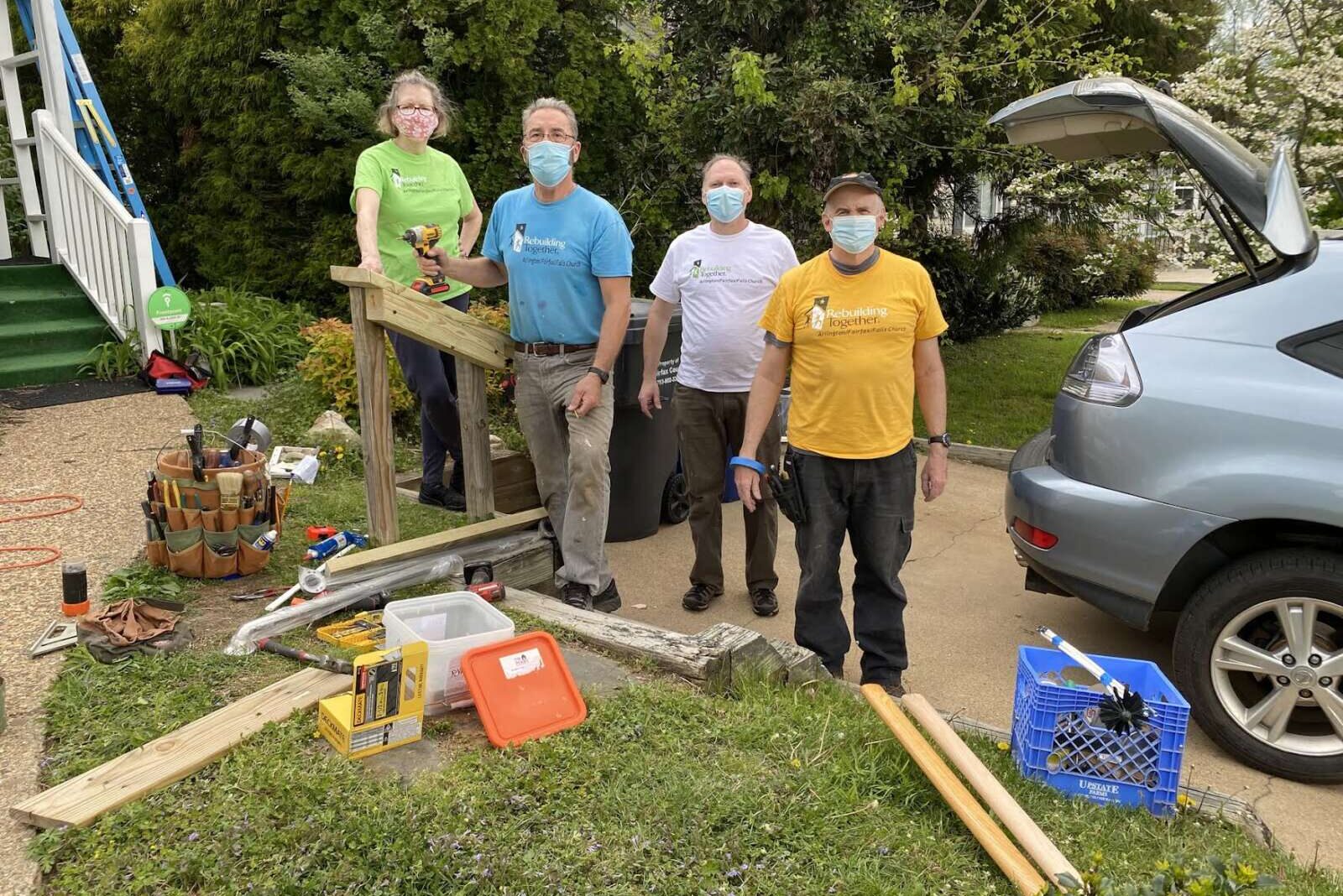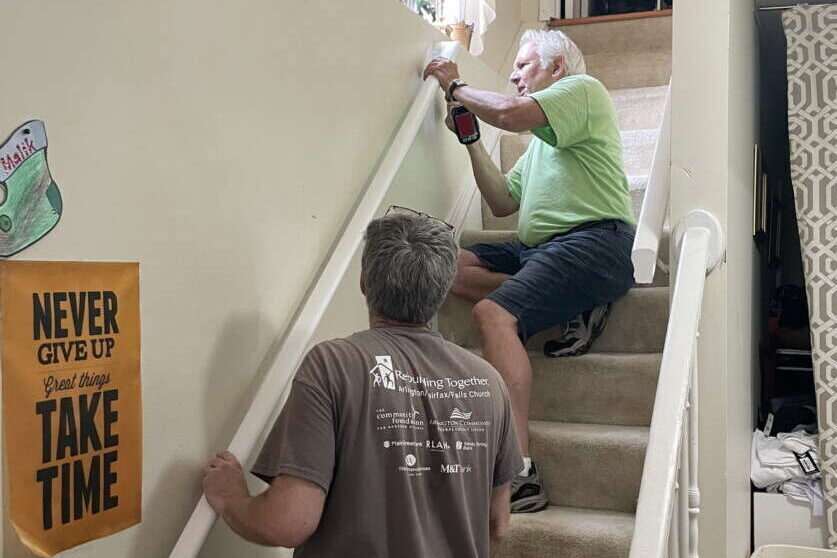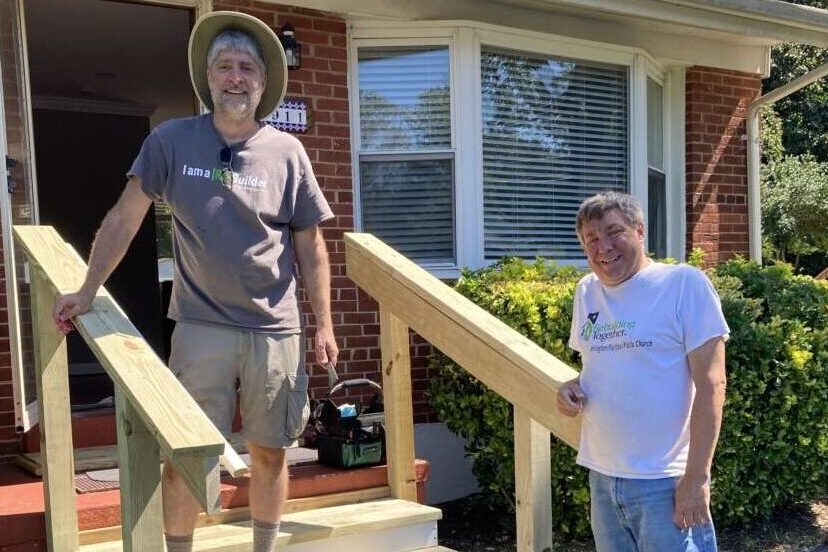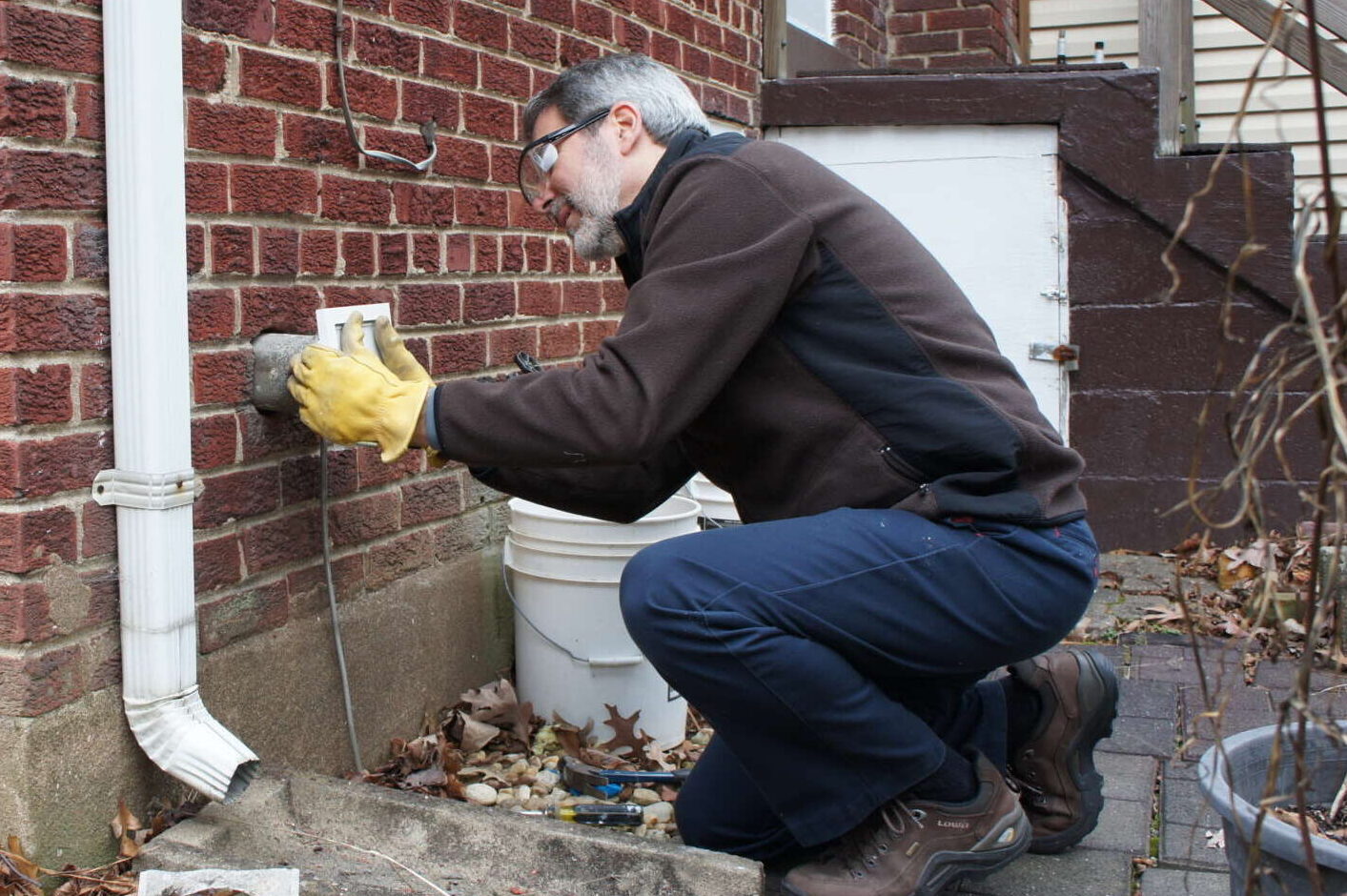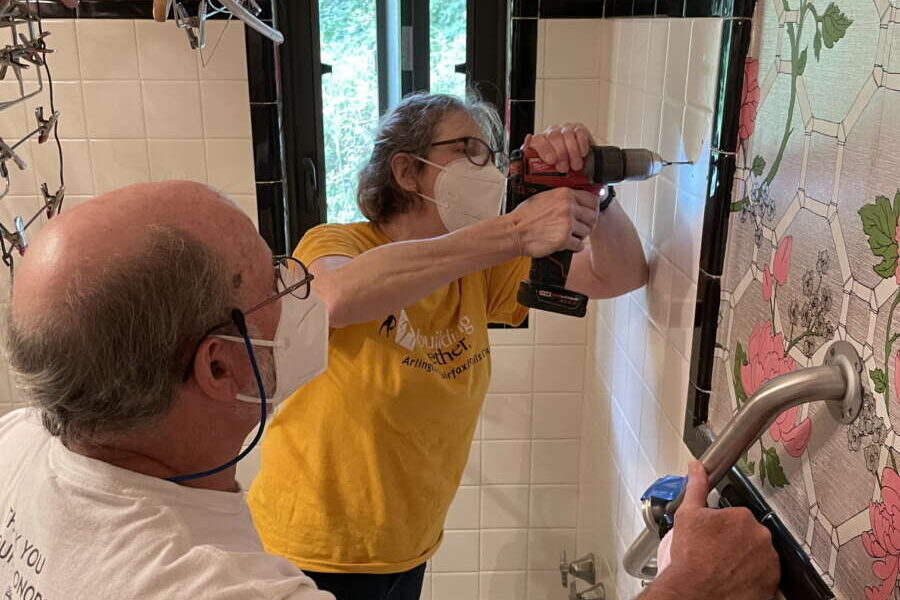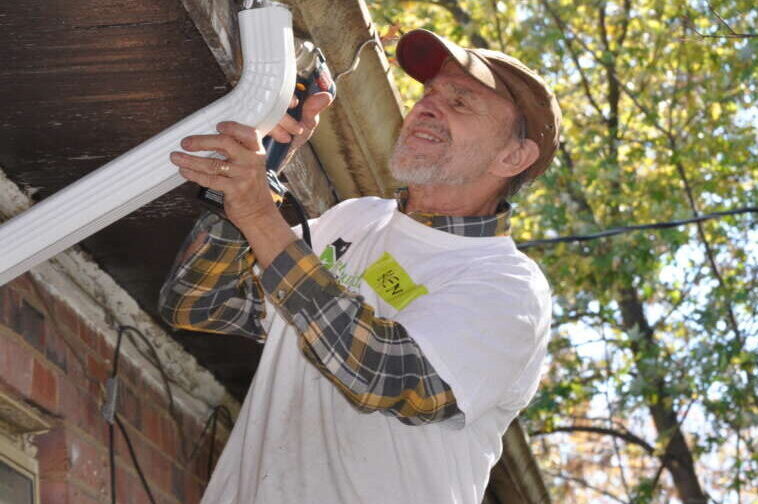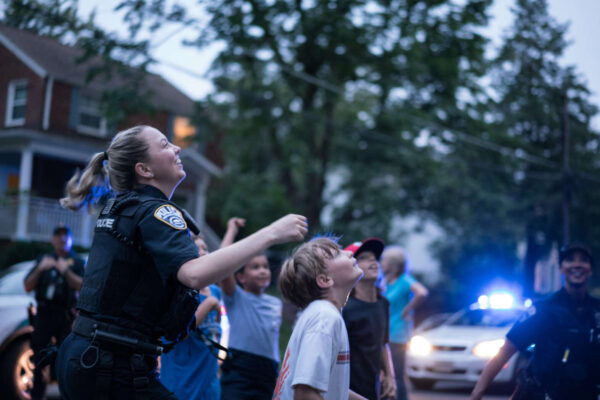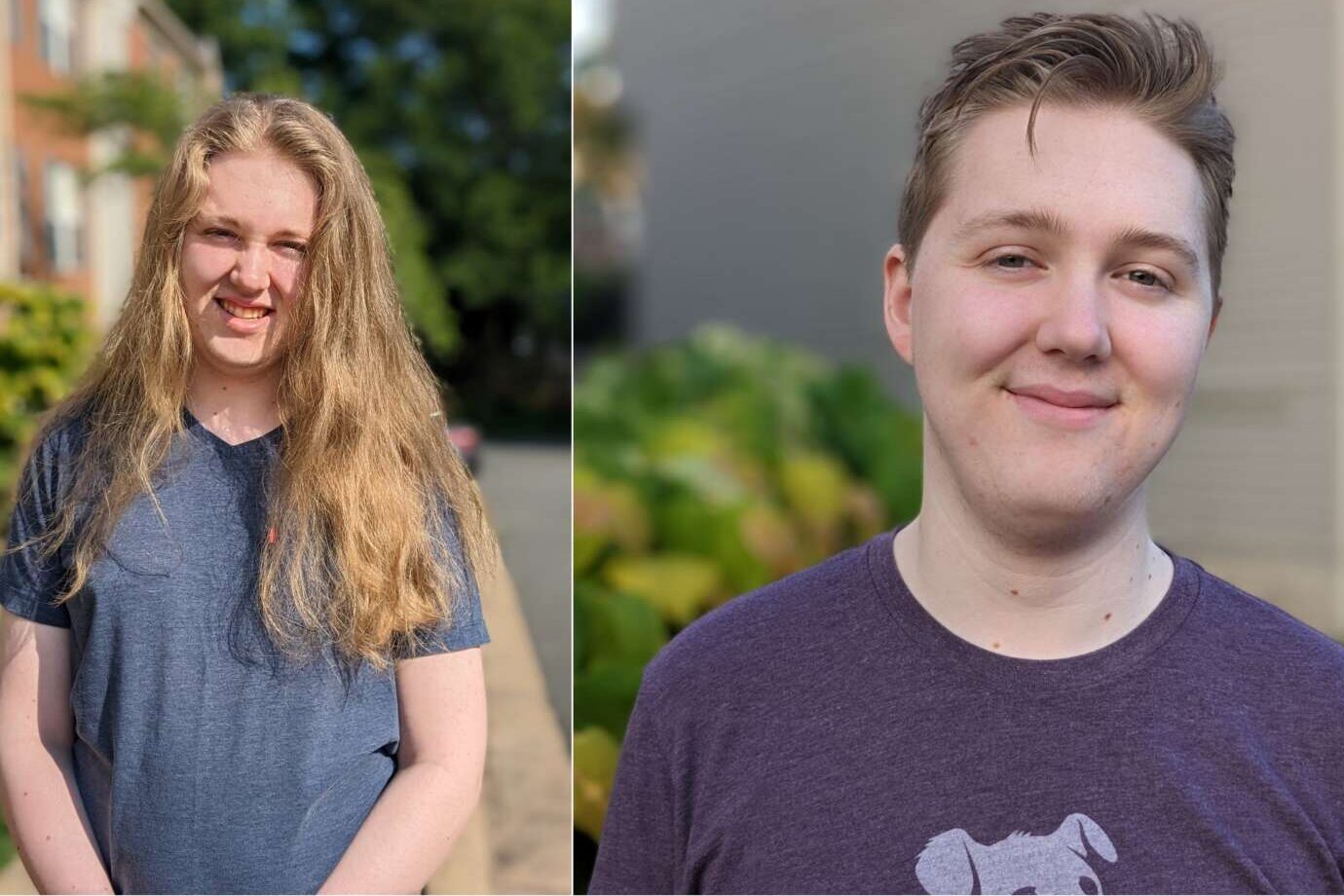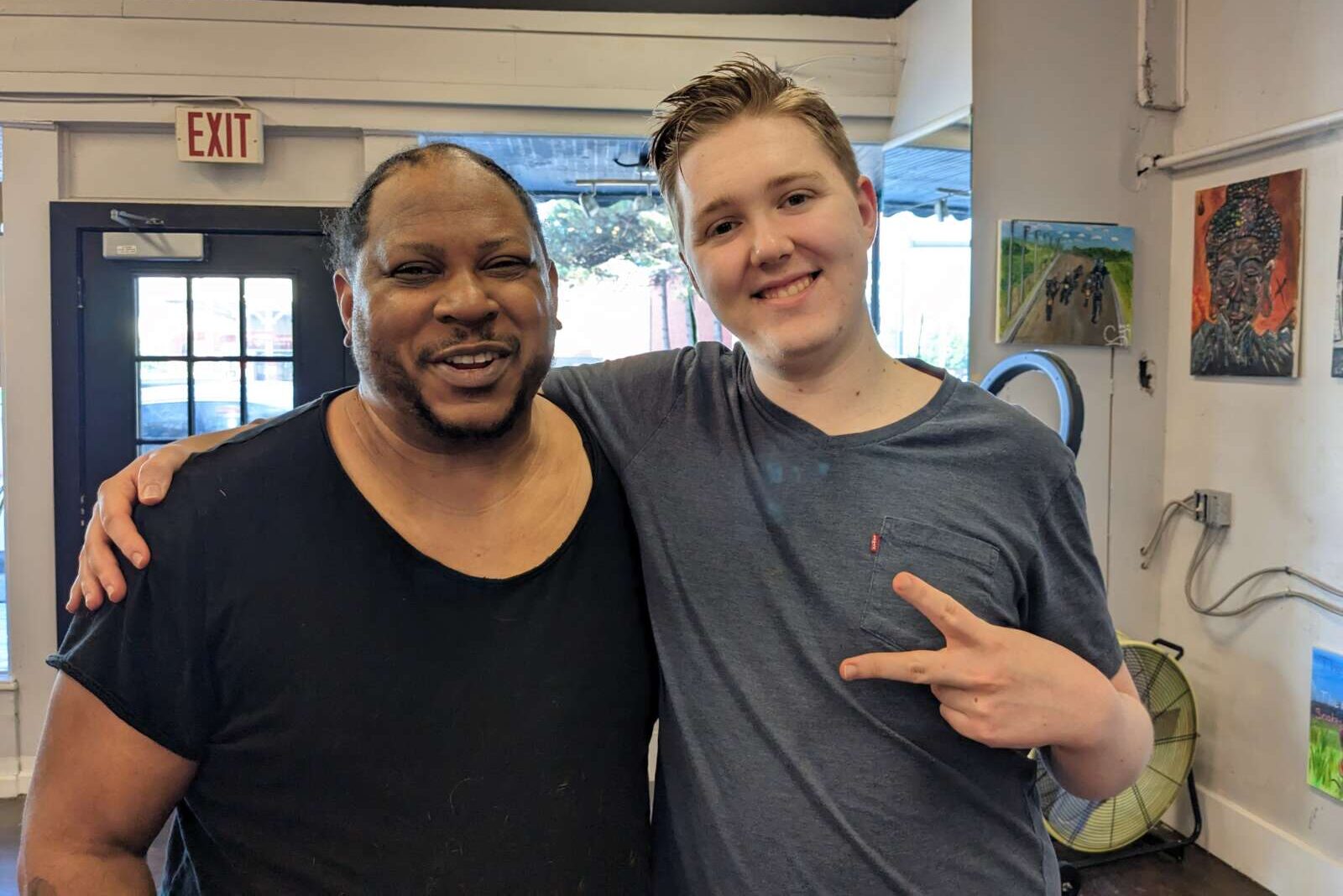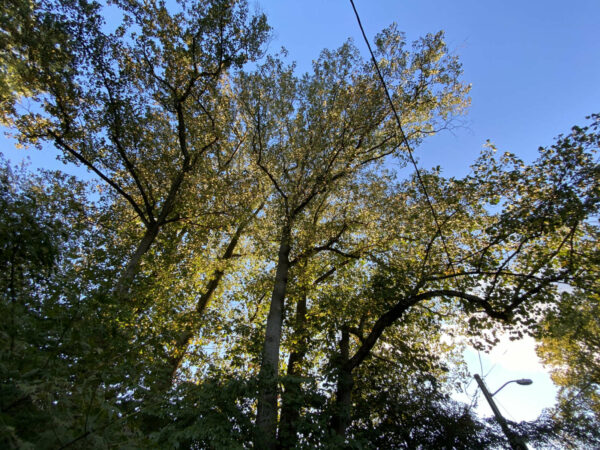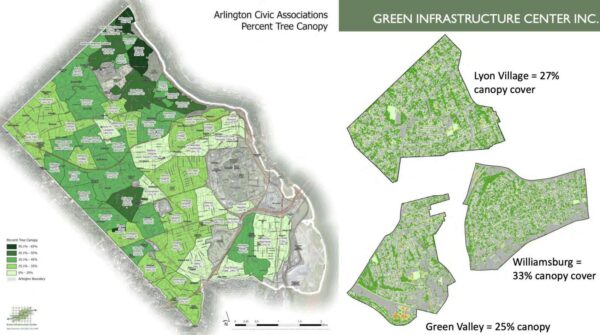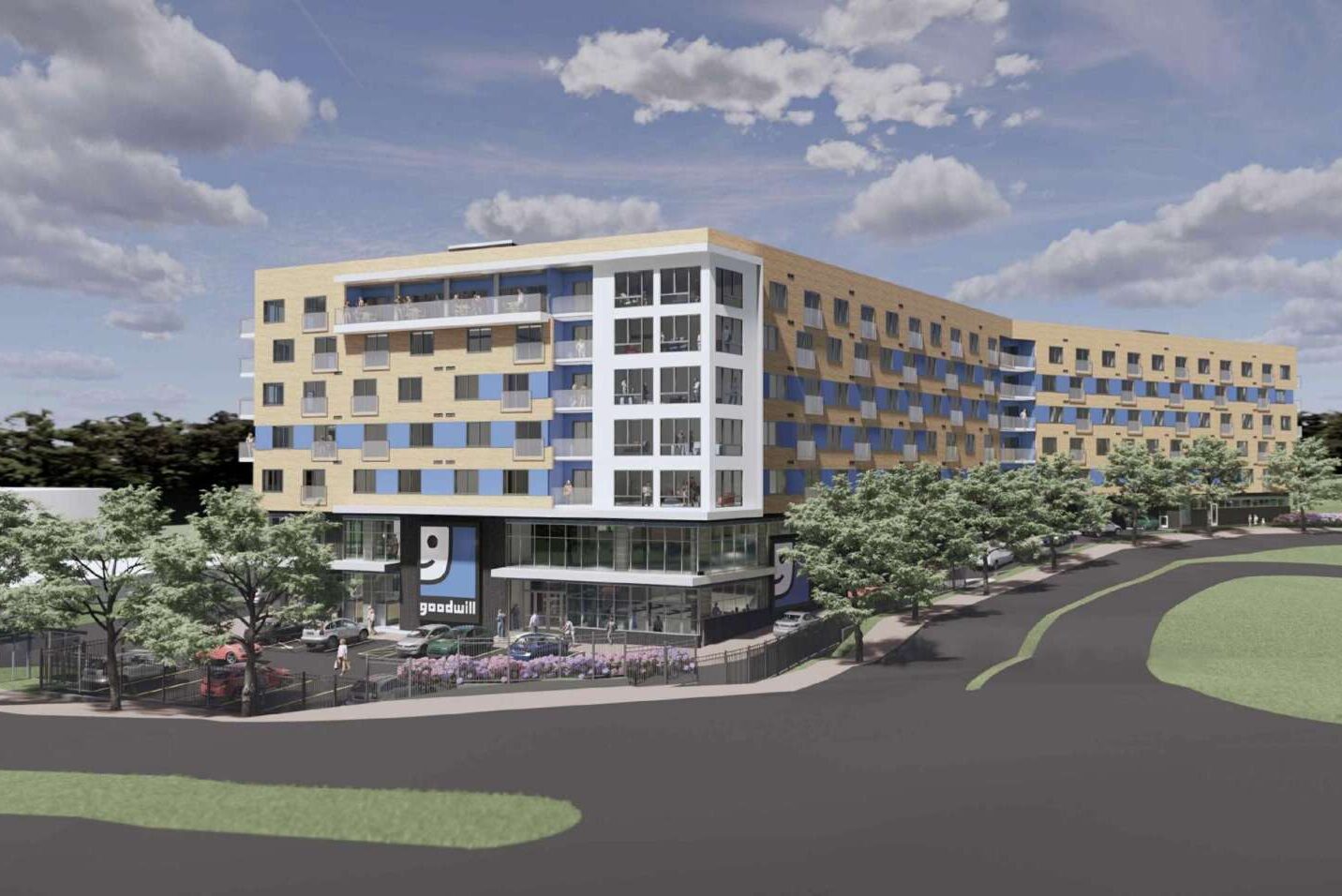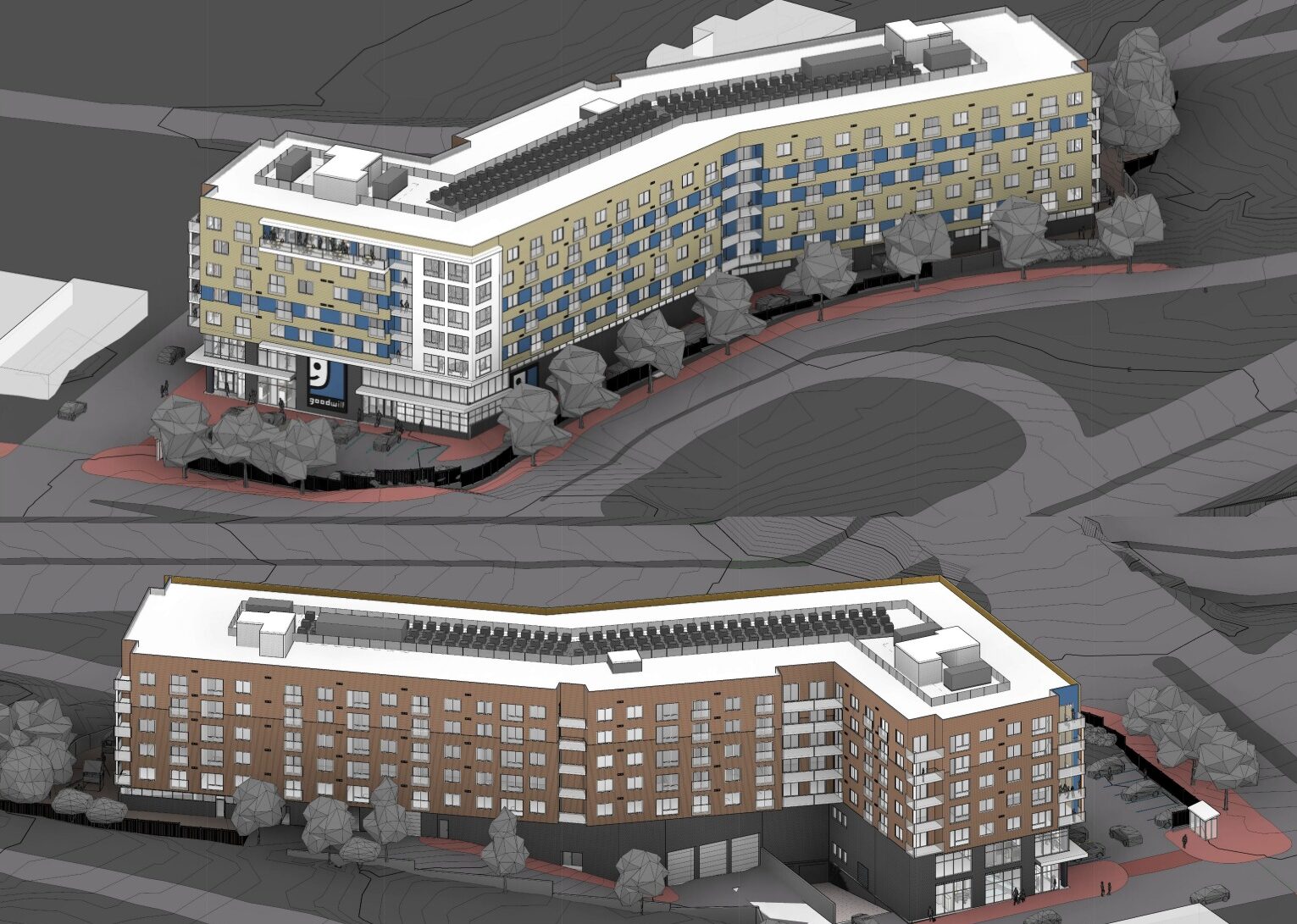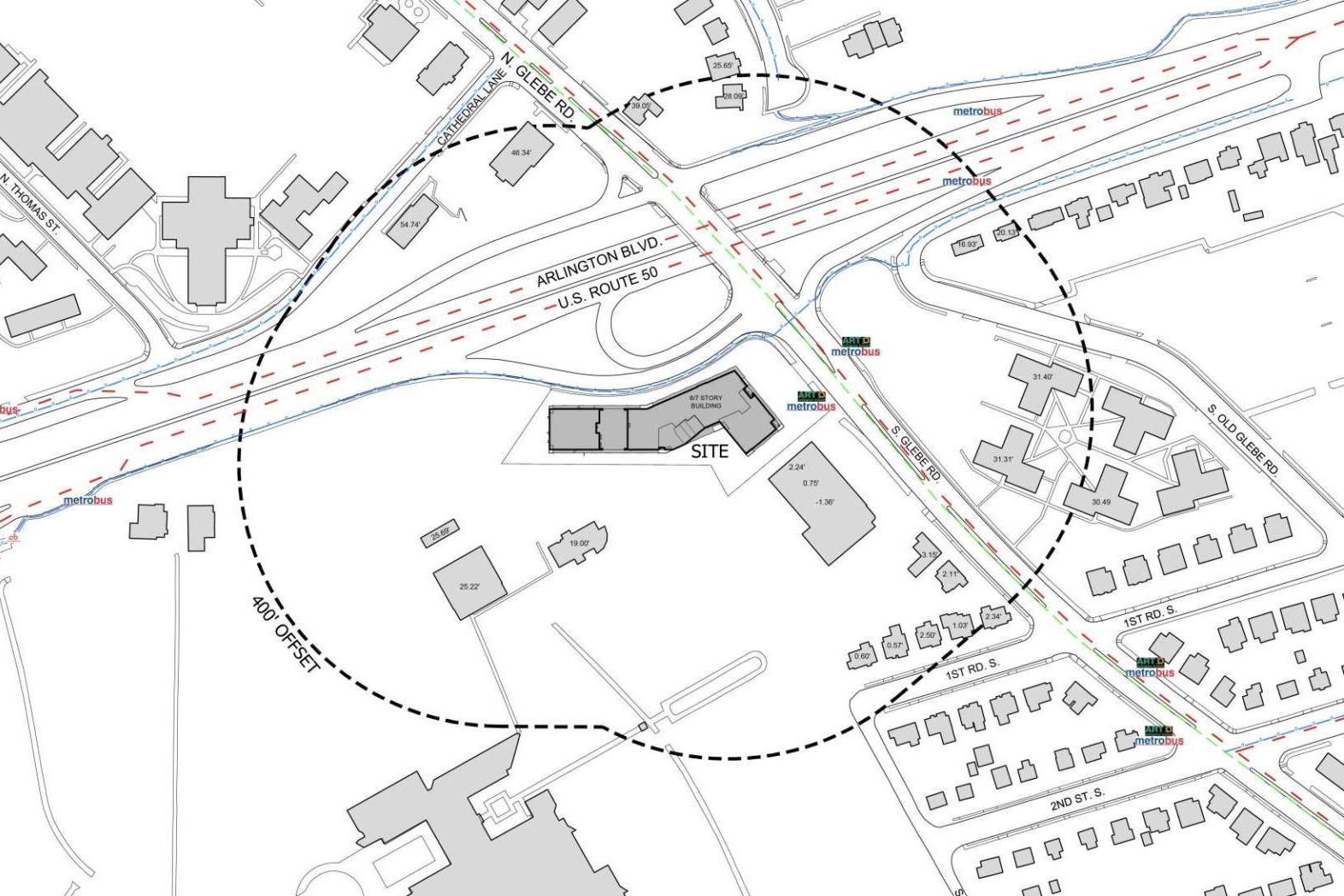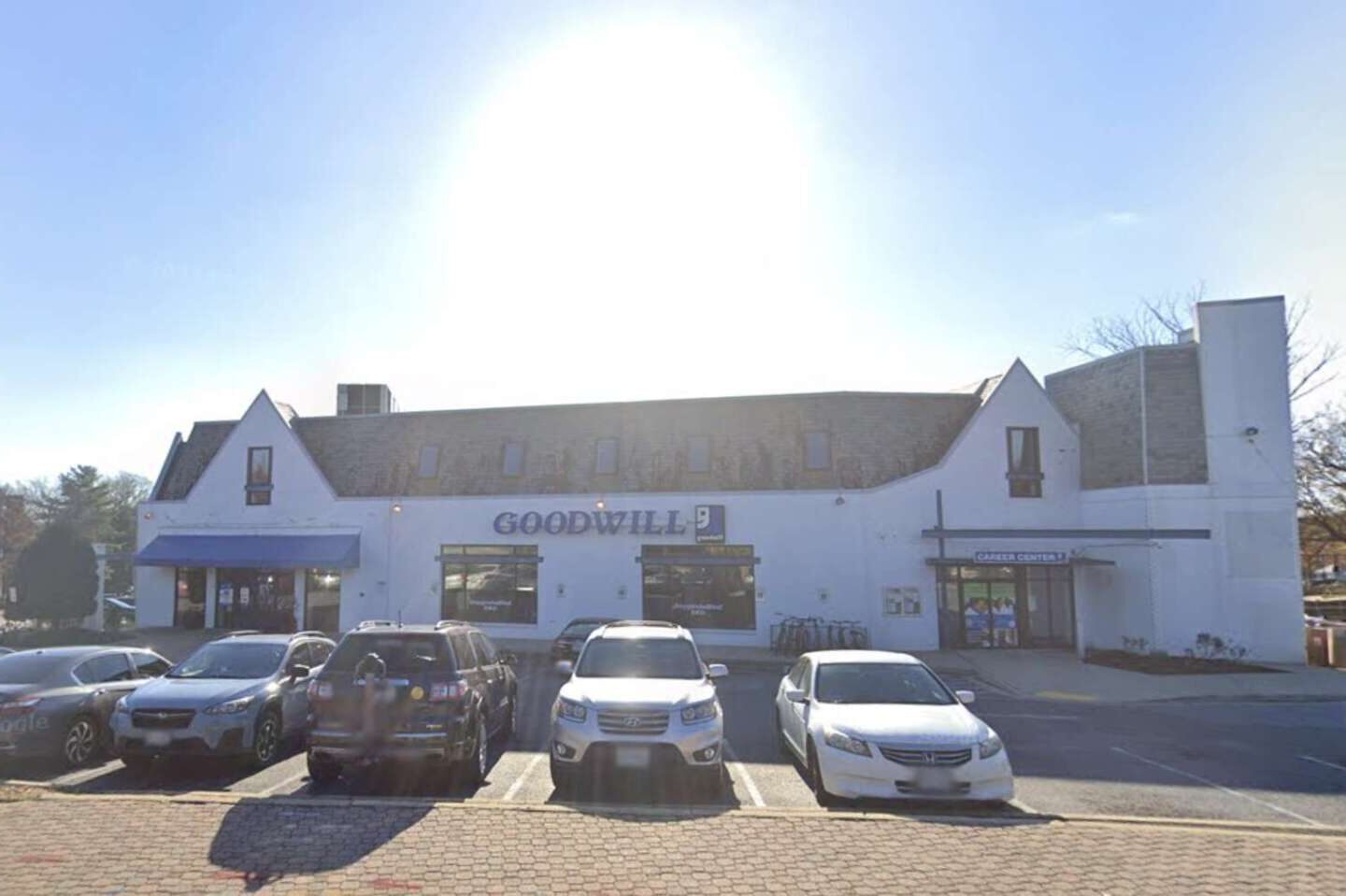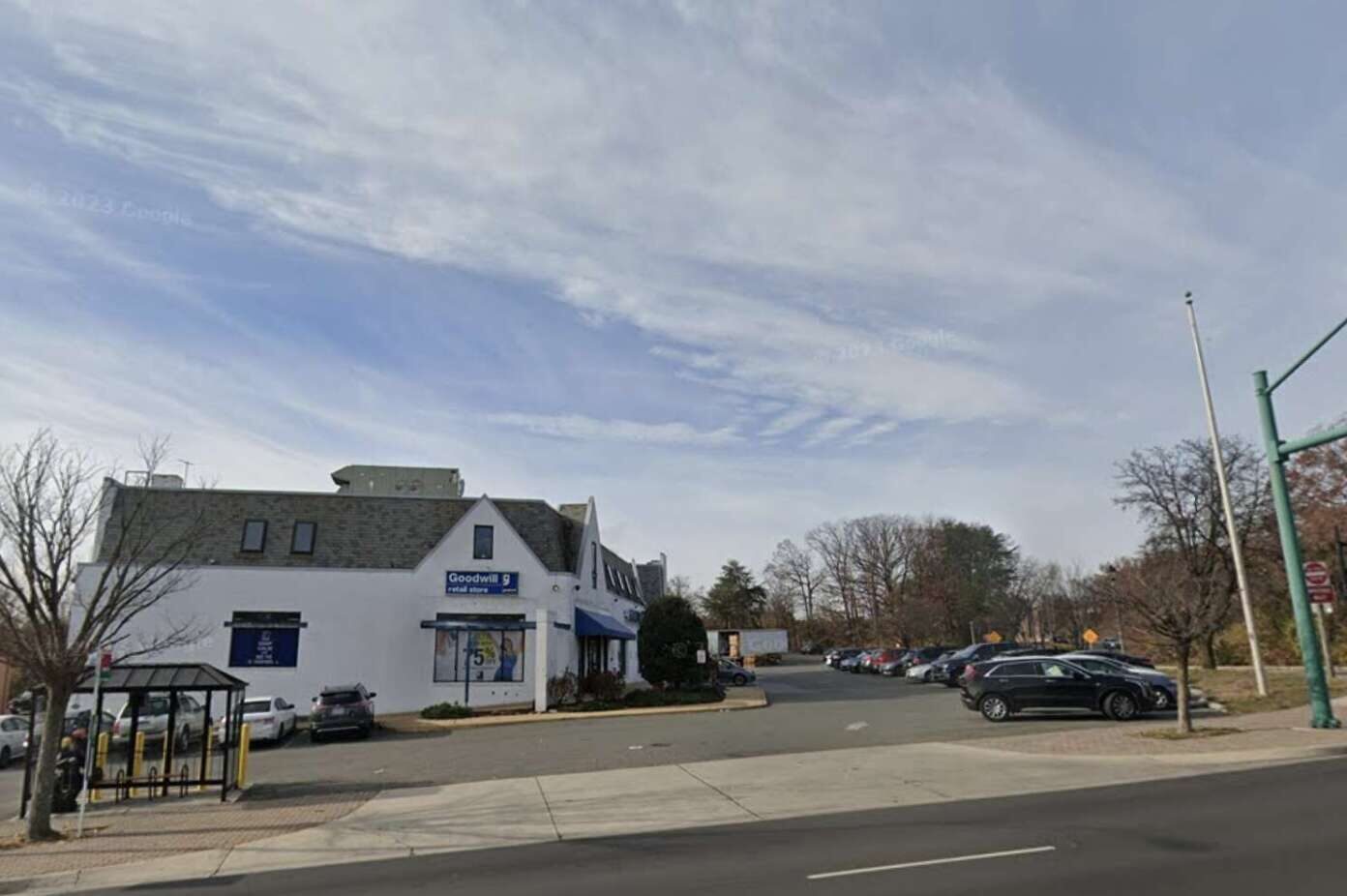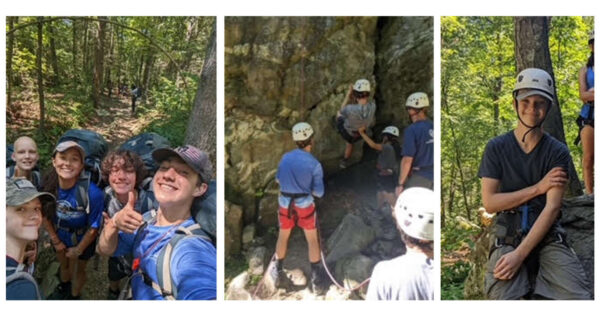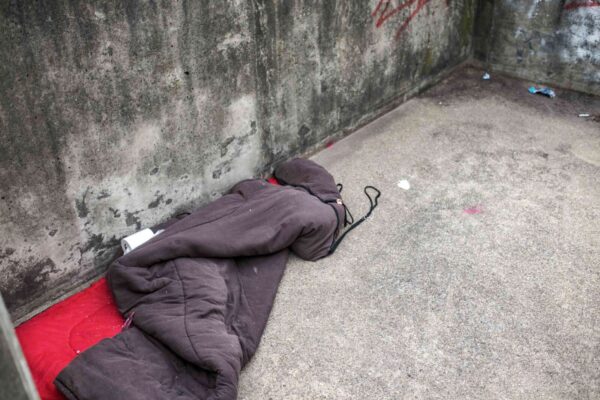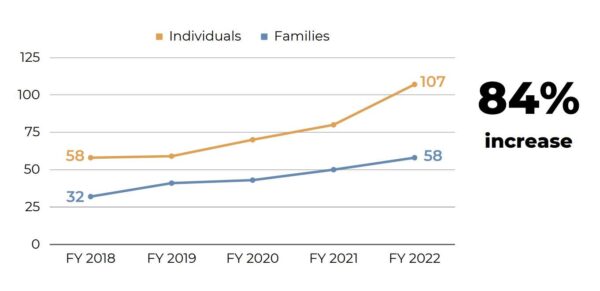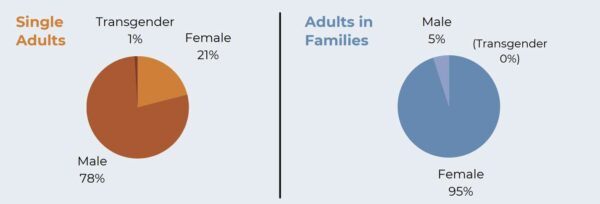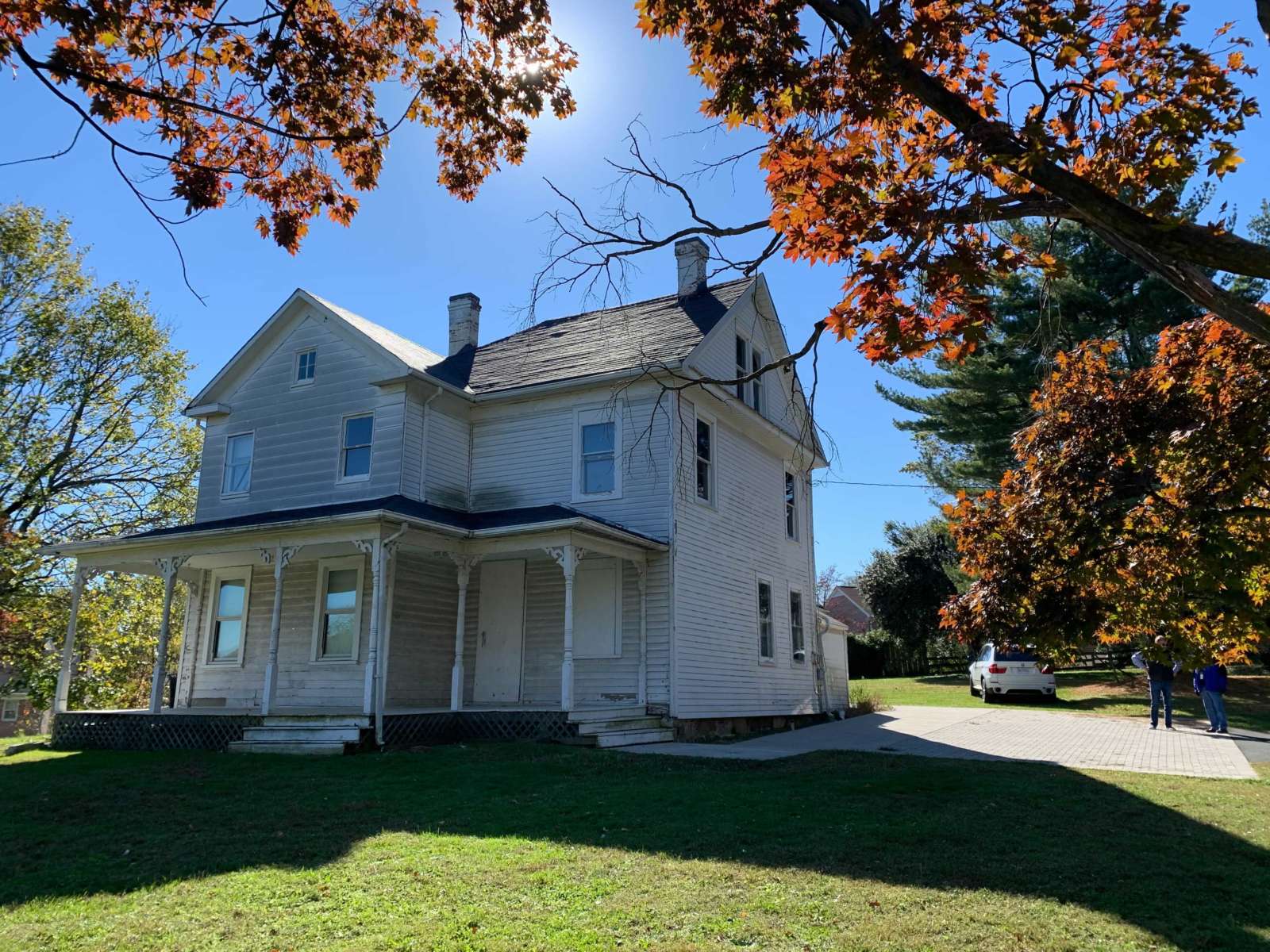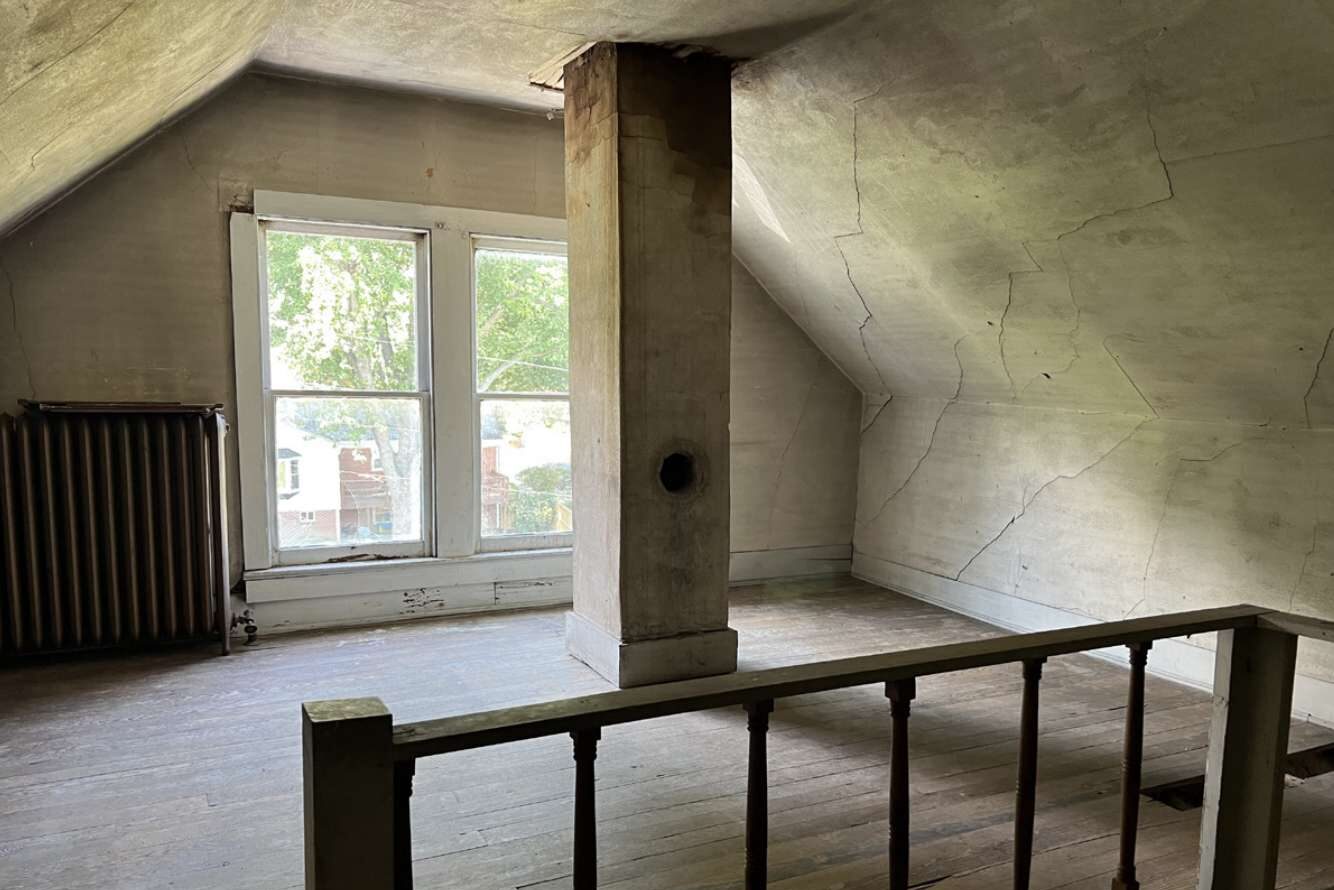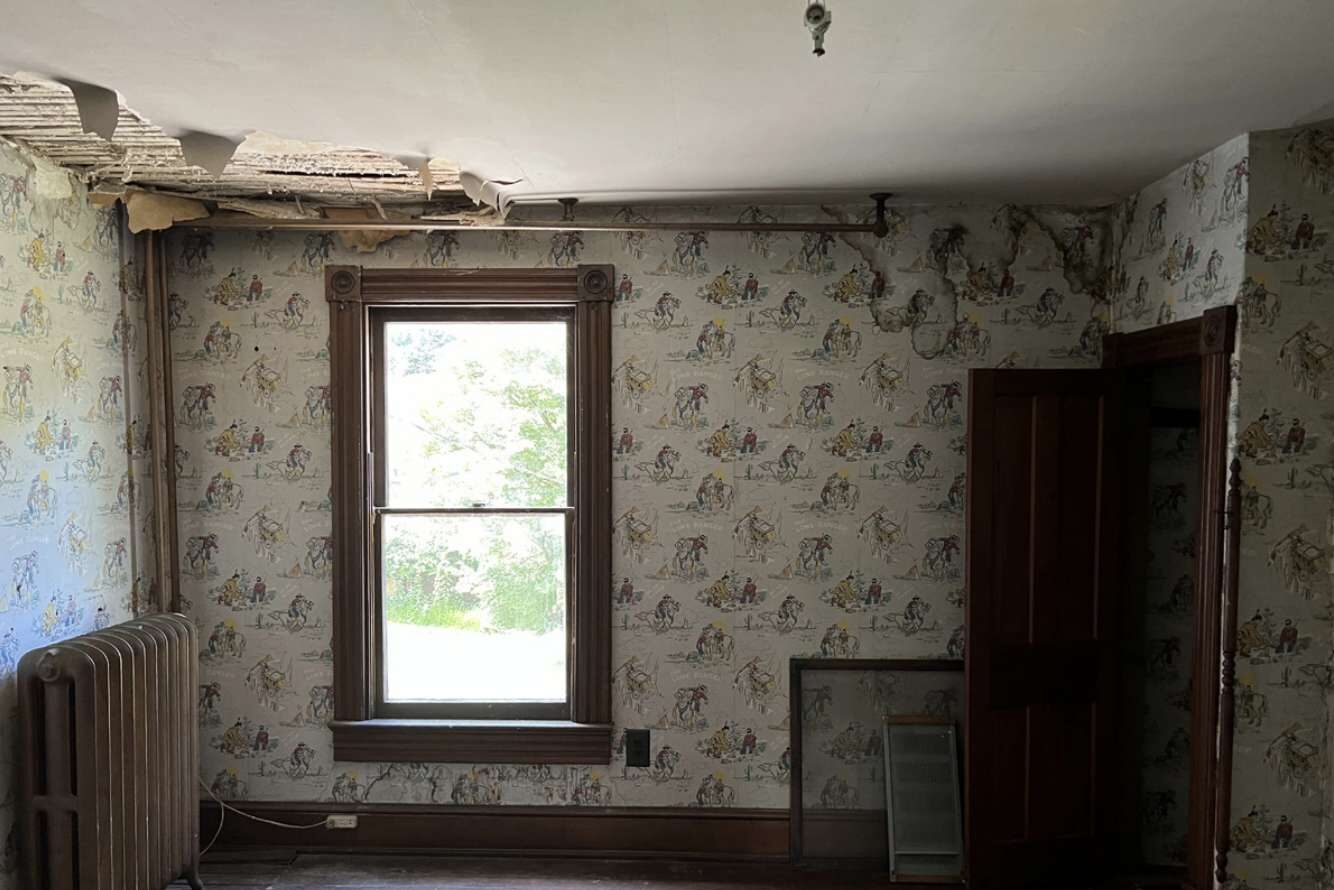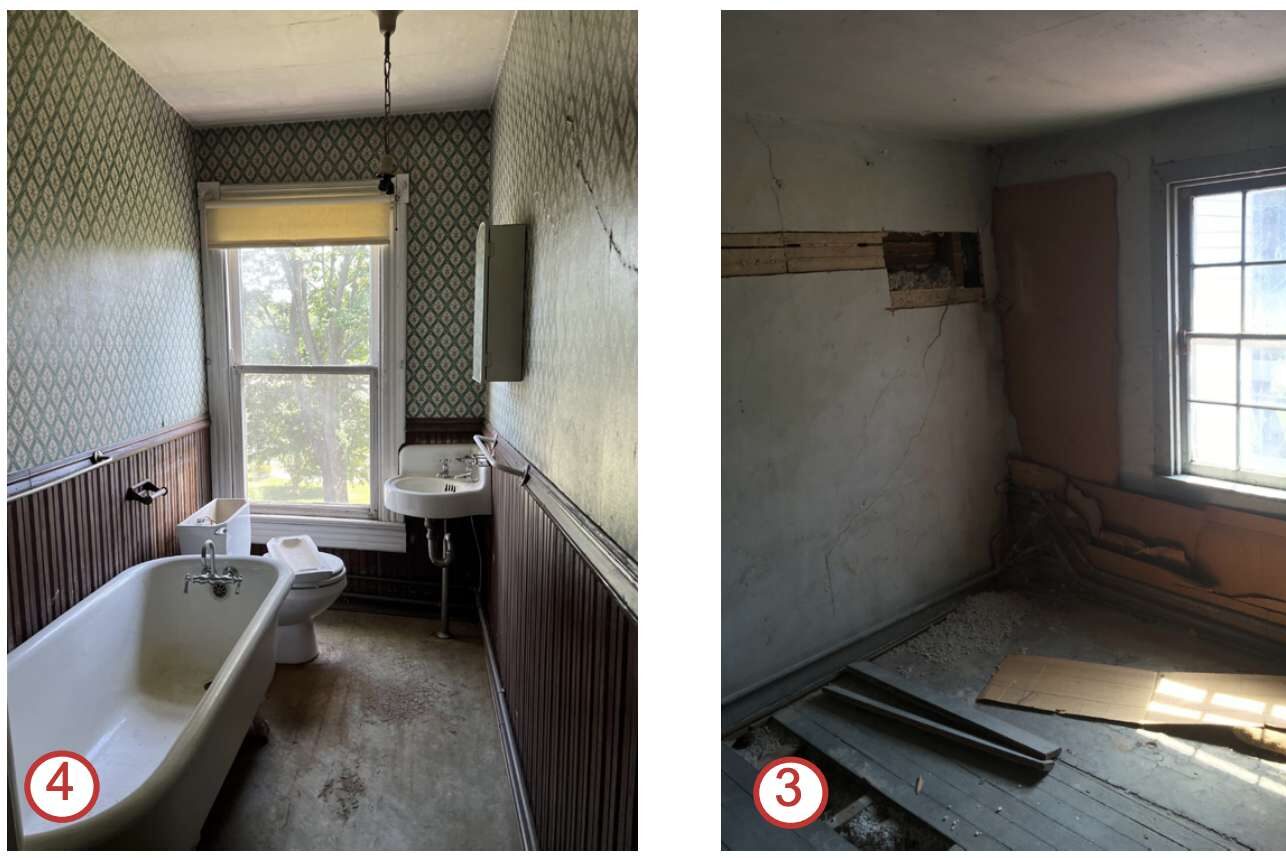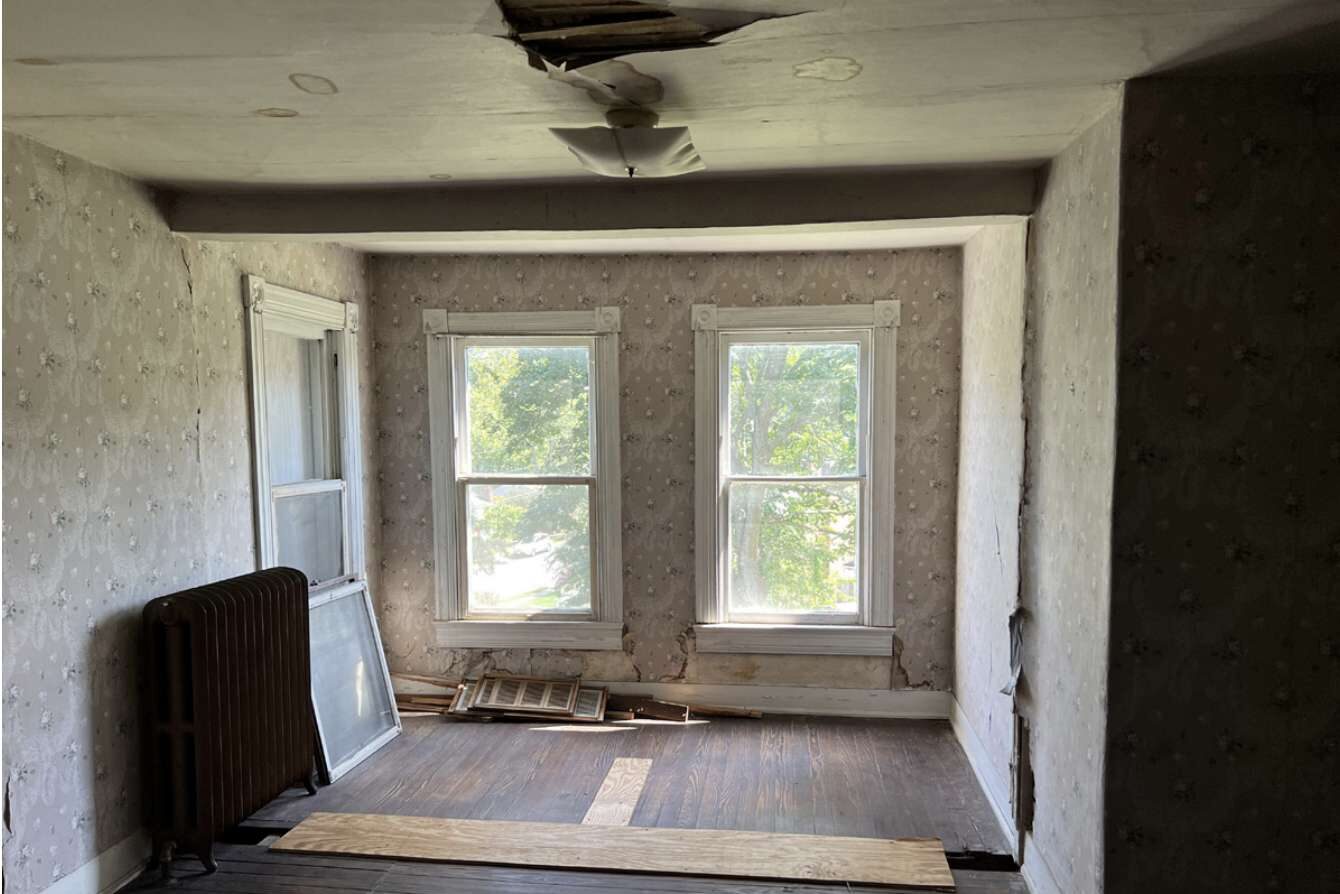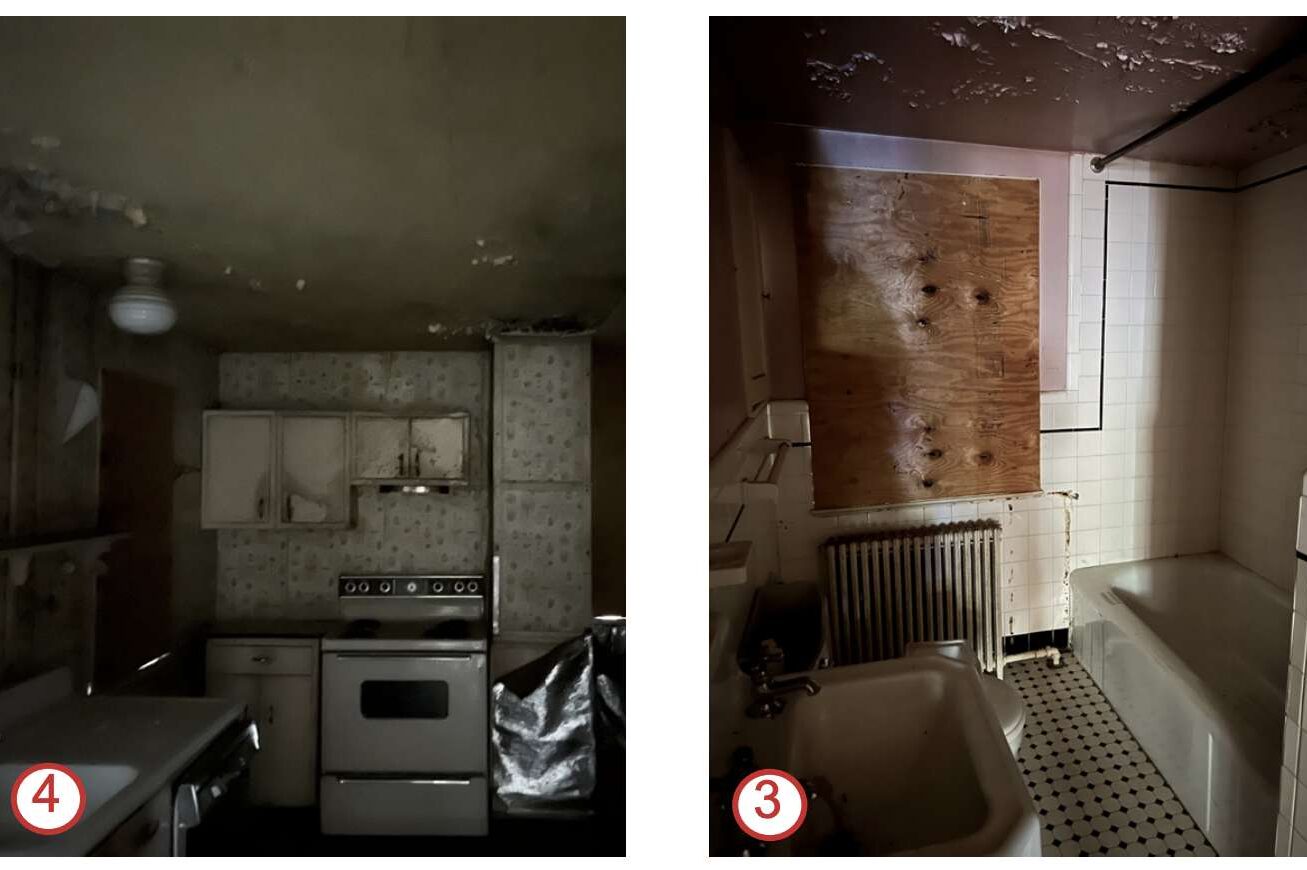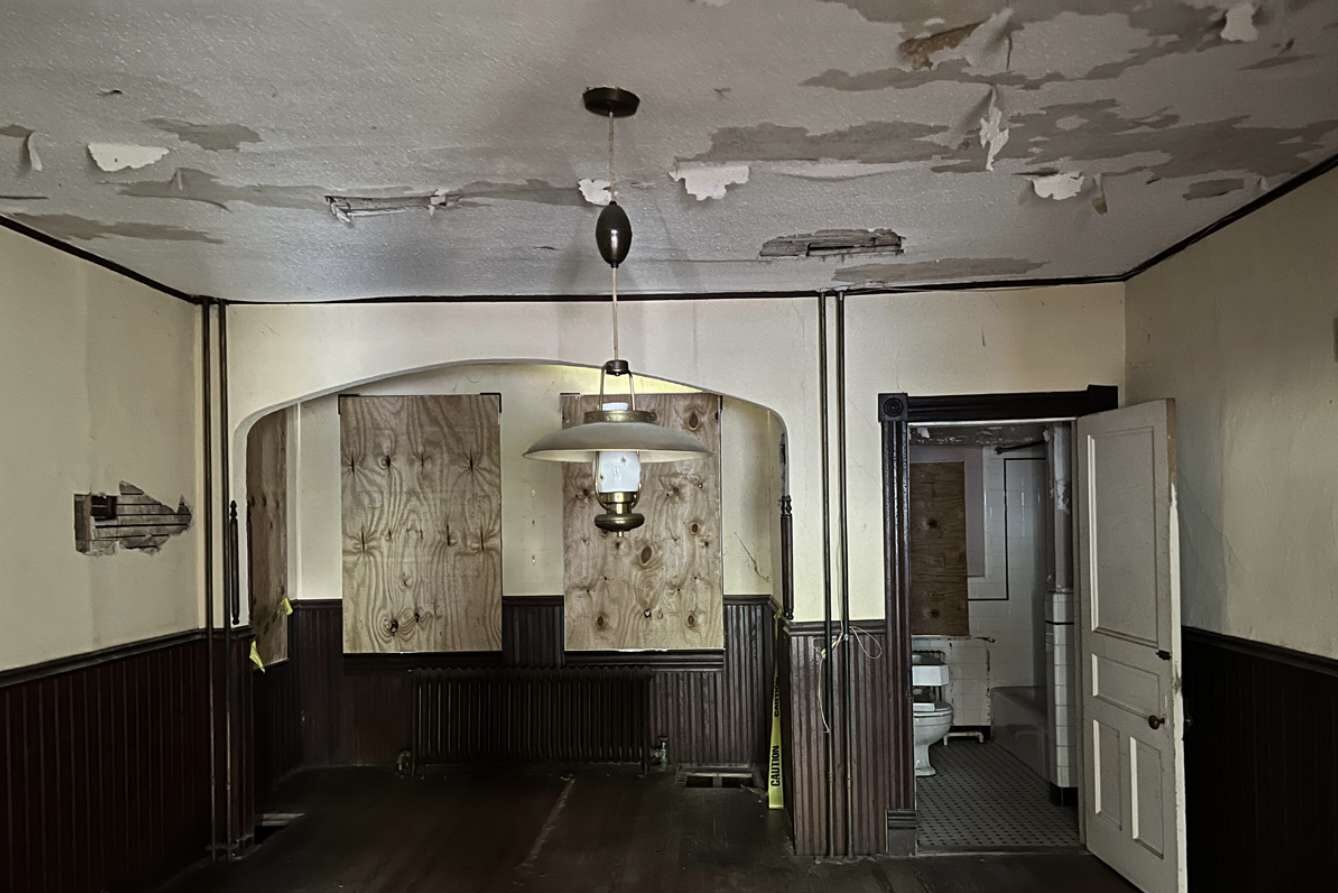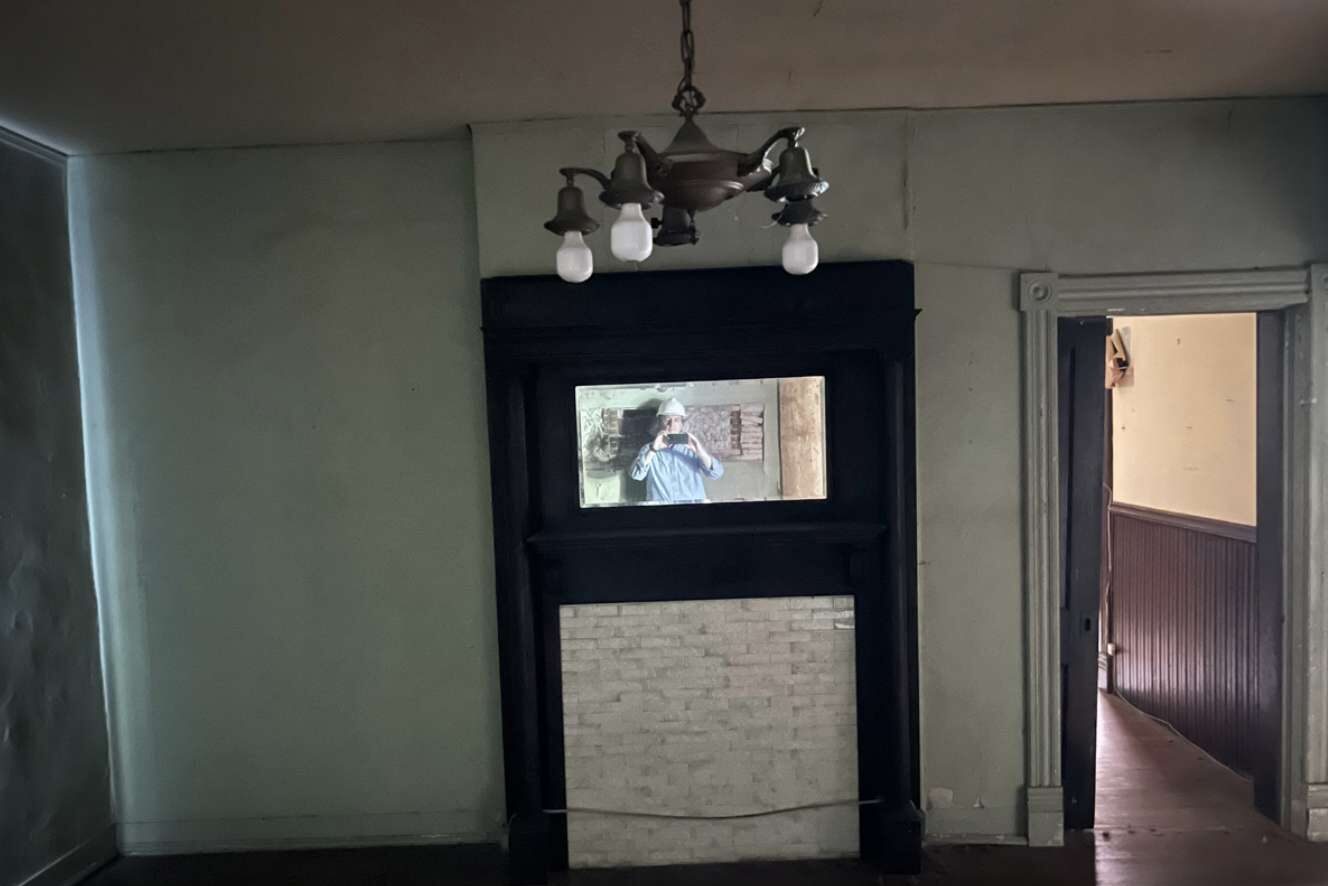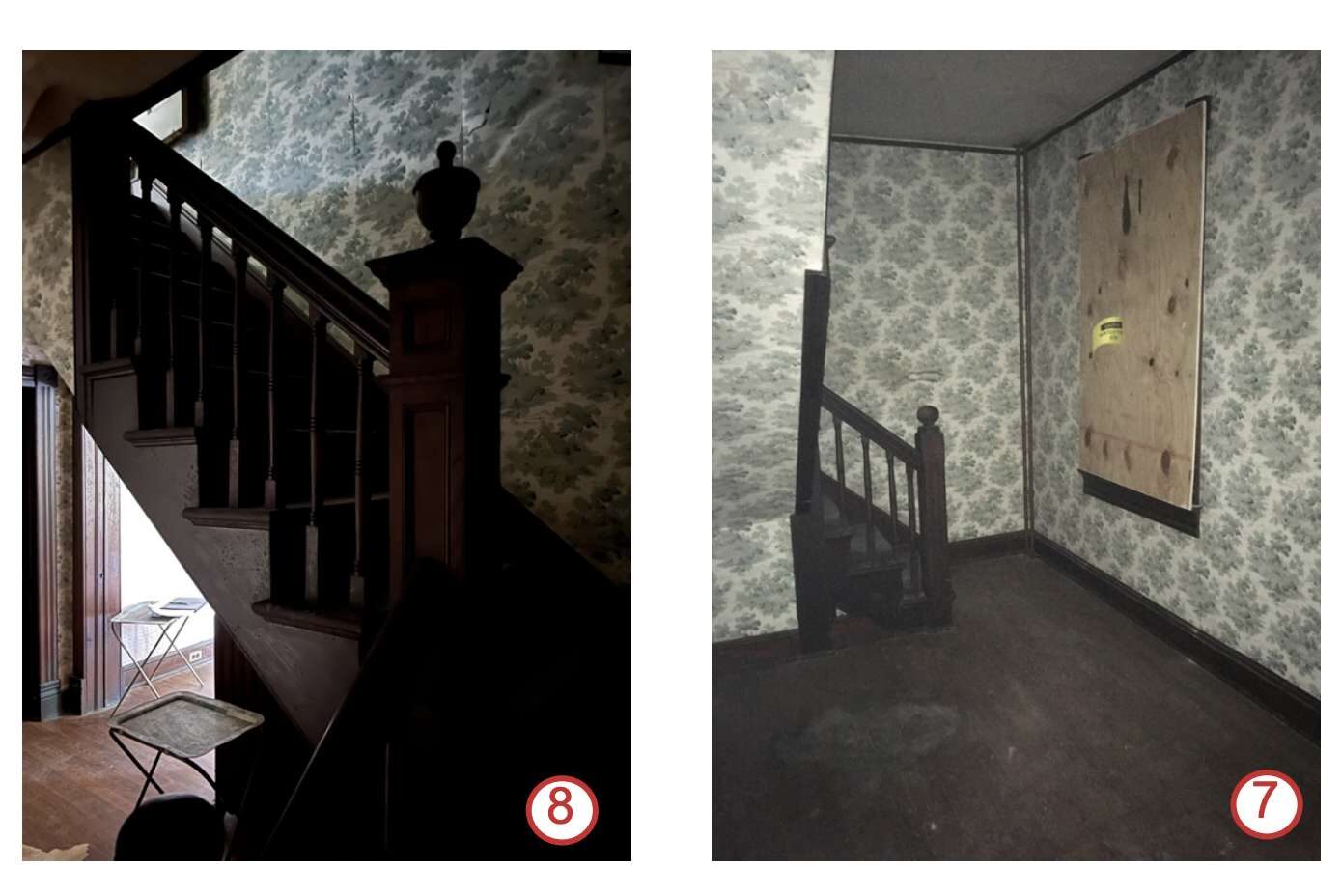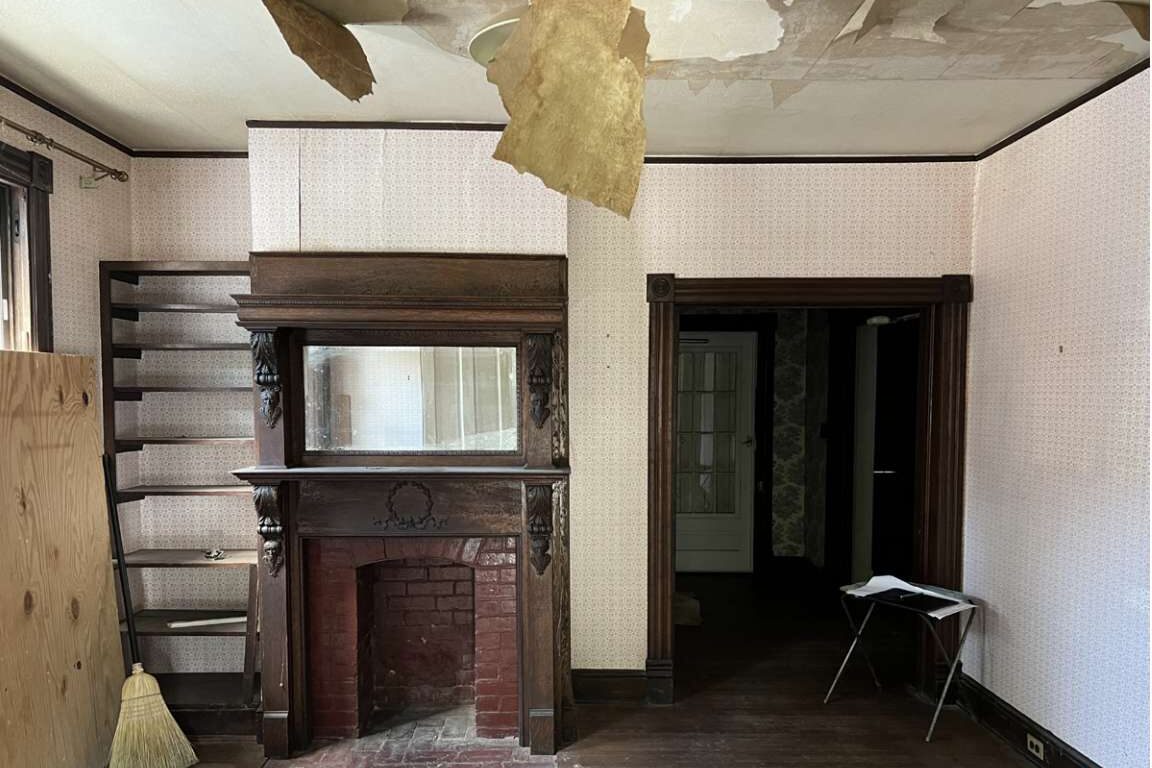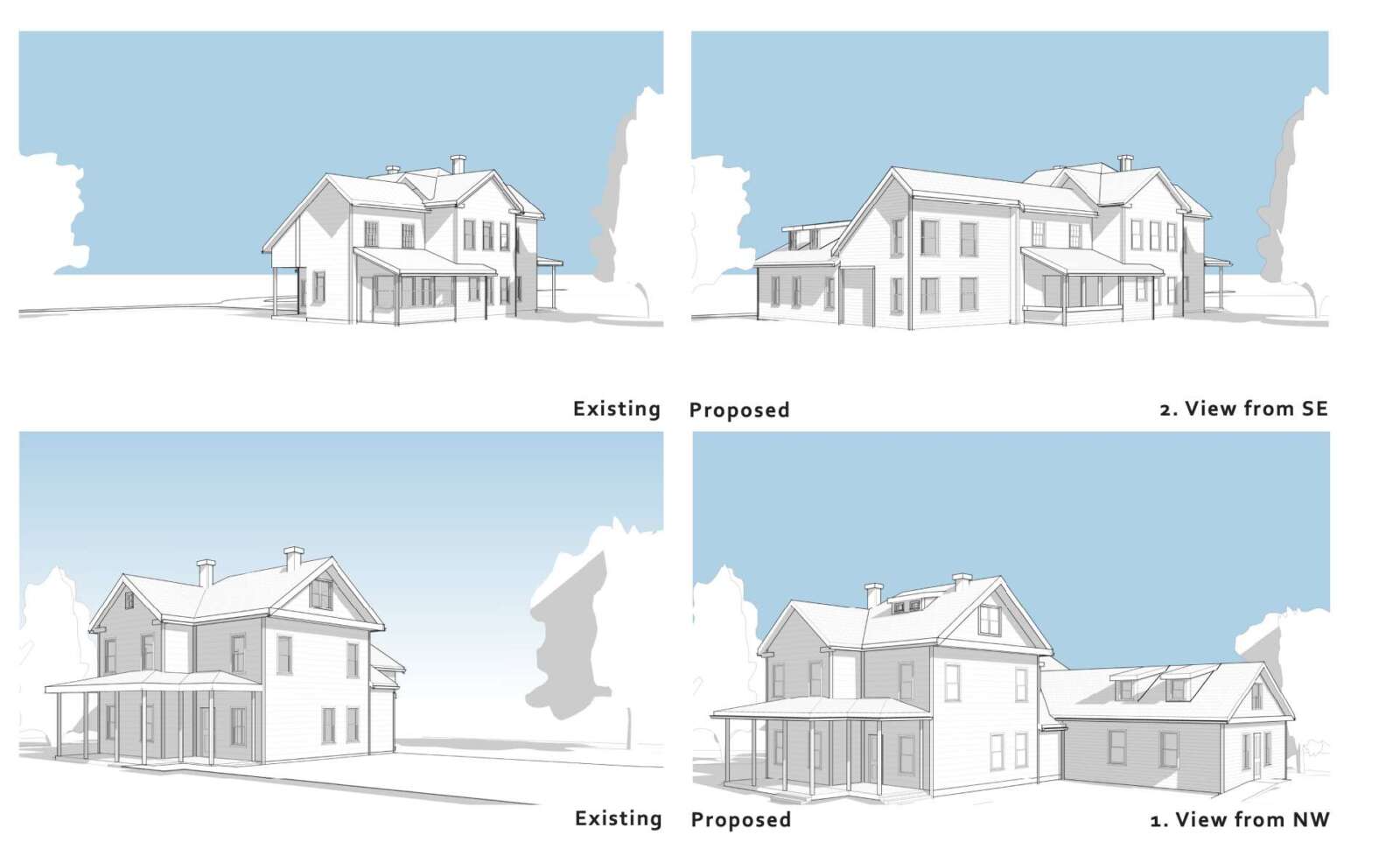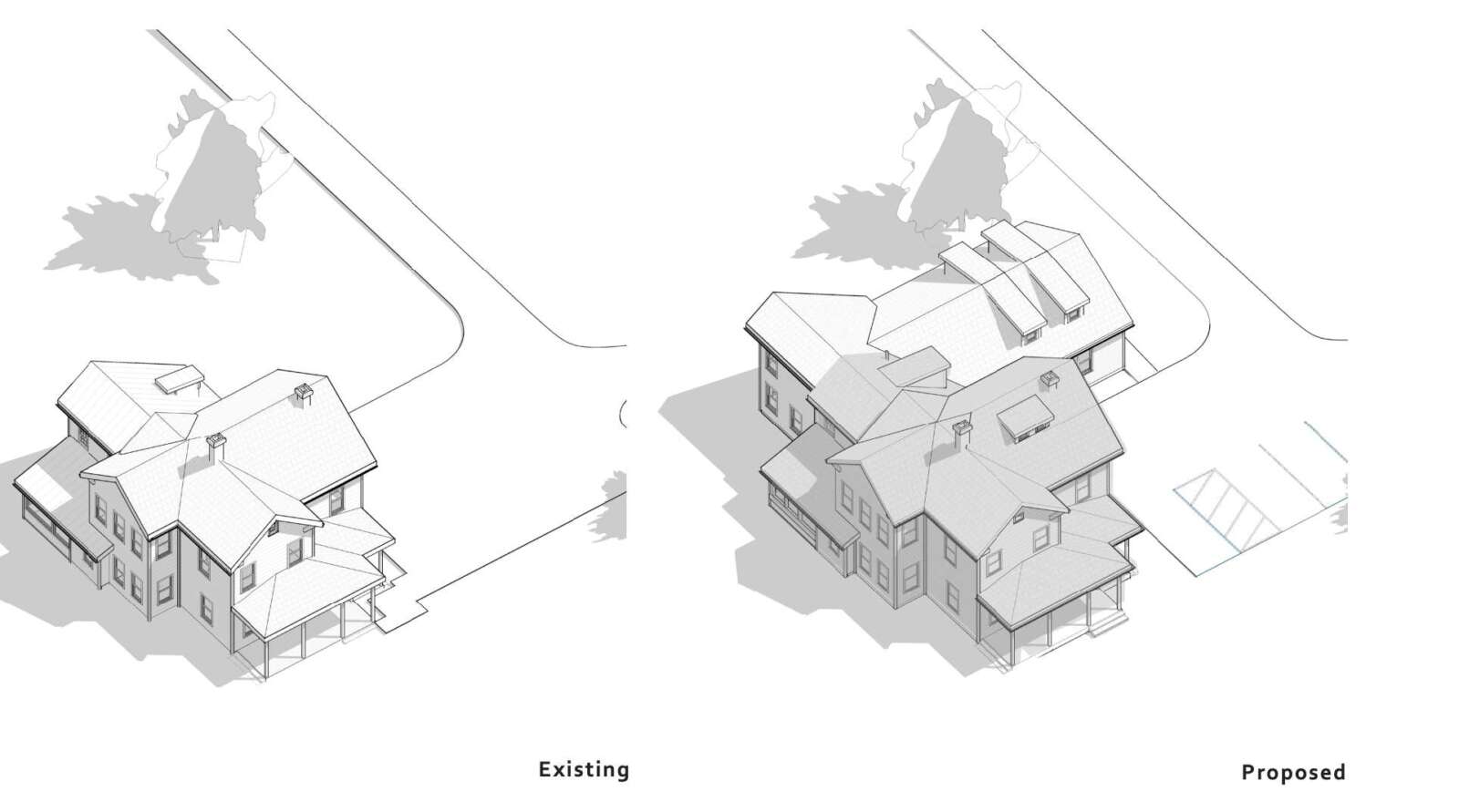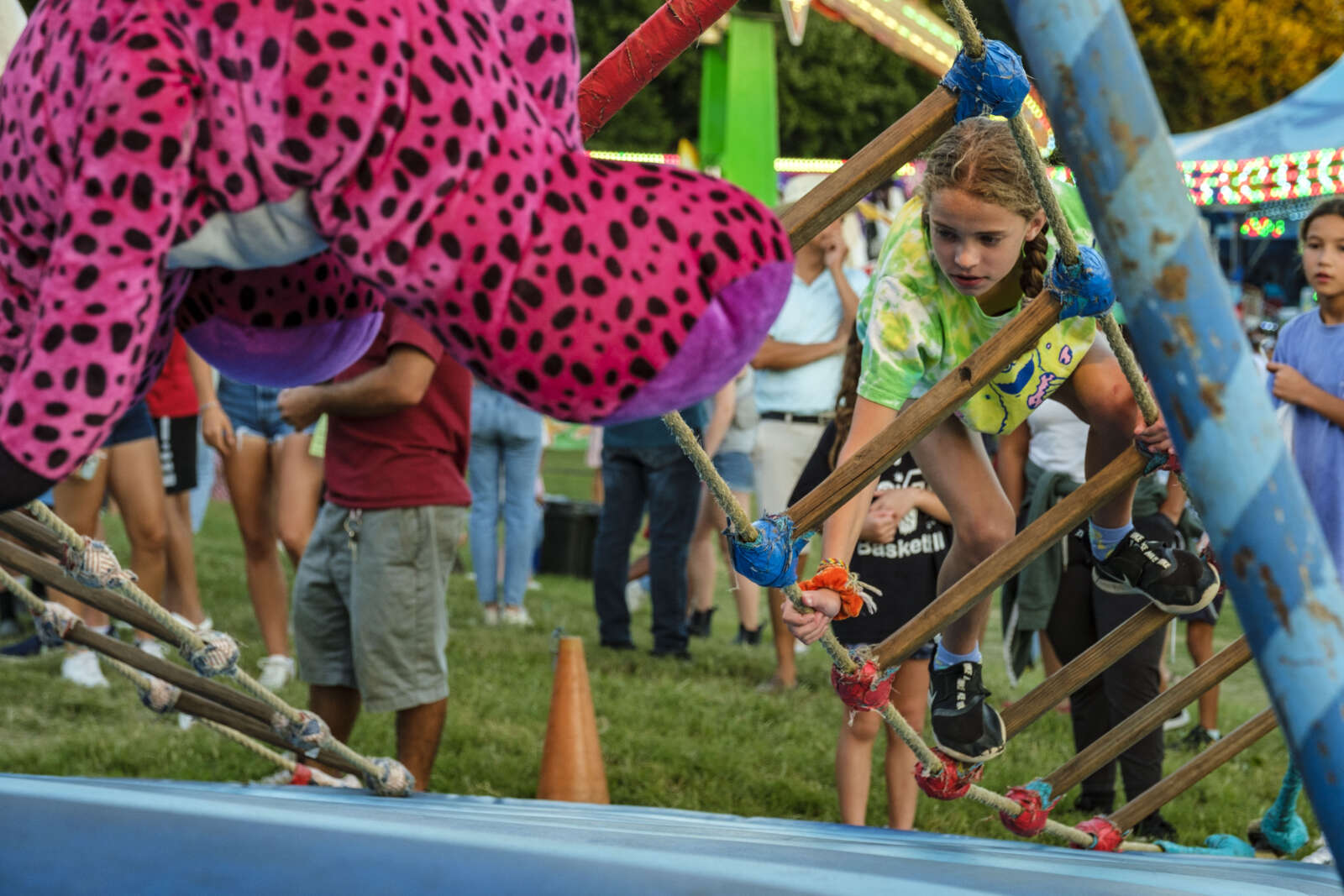
When the Arlington County Fair kicks off next week, attendees can expect to see more free activities.
After receiving financial support from Arlington County and several businesses, including a $15,000 donation from Amazon, the Arlington County Fair Board decided to increase the number of free indoor and outdoor activities, Matt Richard, the chair of the fair board, told ARLnow.
The fair also plans to donate leftover proceeds from ticket sales to local nonprofits. He said the two changes are reflected in the fair’s new theme: “A Fair for All.”
“We’d like to think of the fair as a place where everyone can gather, no matter their background or their socio-economic background,” Richard said. “We want people to feel like this is an opportunity for anyone to come here and be part of this event… This is fair for everyone, and we’re going to do everything in our power to continue to make it fair for everyone for the years to come.”
The fair at Thomas Jefferson Community Center will run from Wednesday, Aug. 16 to Sunday, Aug. 20.
Some of the new free outdoor activities include the Go Bananas Performance & Family Dance Party, scavenger hunts, mini golf and live music. Free activities indoors include a display of portraits from the Virginia Museum of Fine Arts, Bingo, a popup park with yard games and an interactive robotics demonstration.
Richard noted the board decided to channel any surplus funds into a new community endowment fund, set to be announced during the opening ceremony at 5 p.m. next Wednesday.
“We’re also going to give some of that money back to the Arlington community by way of identifying some foundations in the community or nonprofit organizations in the community that can benefit…they’re not going to be large dollar amount donations. We don’t have a lot of money. But basically ways to show that the community gives a fair and fair gets back to the community,” Richard said.
Entry to the fair is free but attendees can pay for attractions, such as rides, food and pie-eating contests. Ride tickets, $1.25 each, can be purchased on-site or online.
New District Brewing will also serve its last beers at the fair after officially closing its taproom in May.
Due to ongoing construction at the Arlington Career Center, the fair’s shuttle stop has been relocated this year. Instead, attendees can park at the county government headquarters garage at 2100 Clarendon Blvd and take the shuttle service from there.
The shuttle operates continuously, starting 30 minutes before the fairgrounds open until an hour after closing.
Alternate parking can be found at the Faith Lutheran Church at 3313 Arlington Blvd — a nearby pedestrian bridge leads directly to the fairgrounds. Additionally, parking that is accessible for people with disabilities is available at the front left lot of the Thomas Jefferson Community Center.


